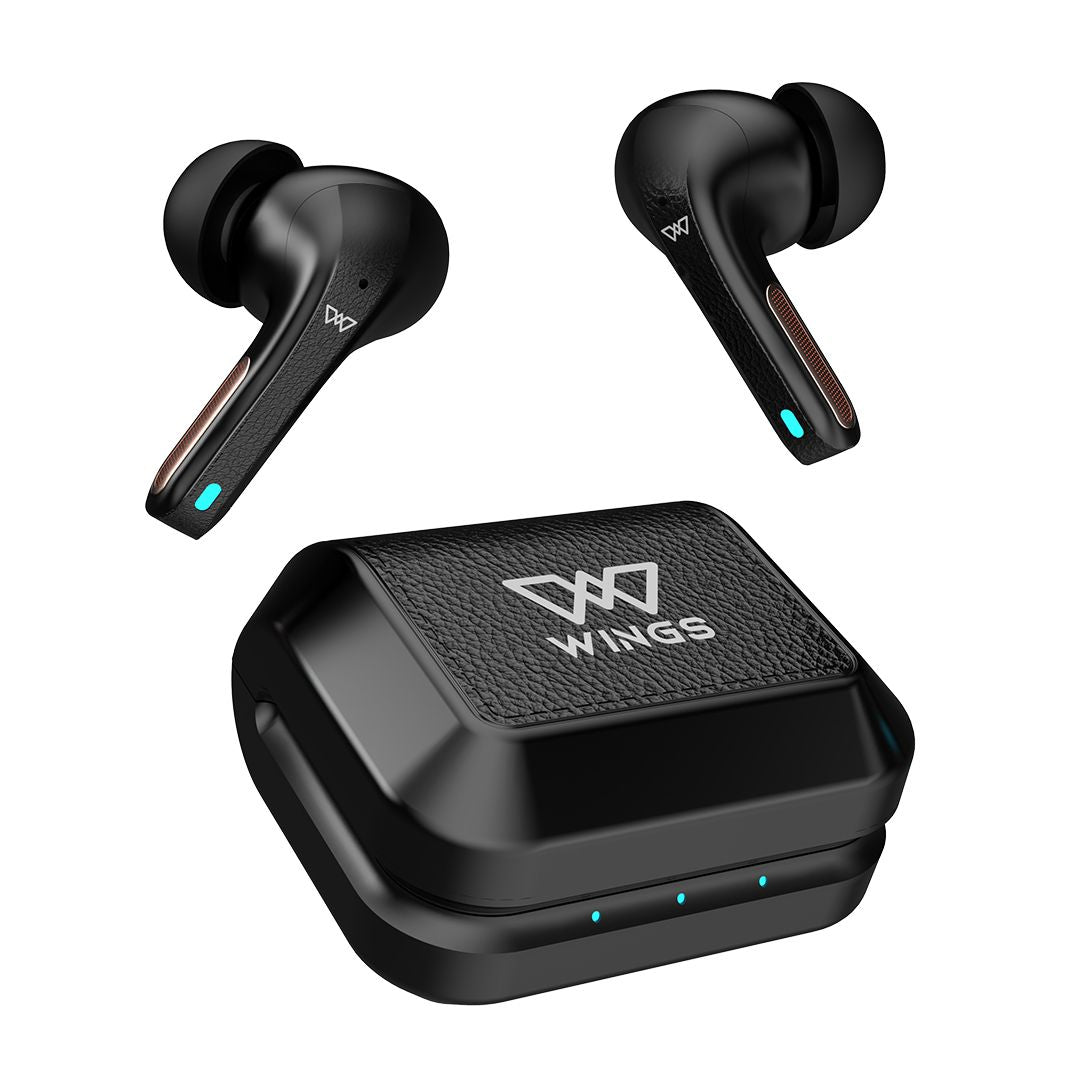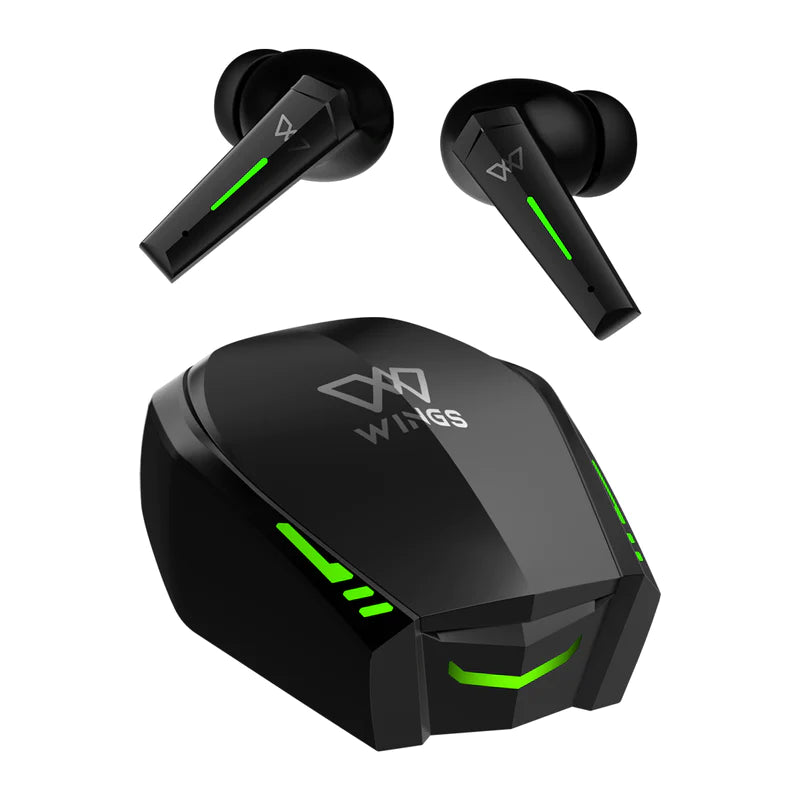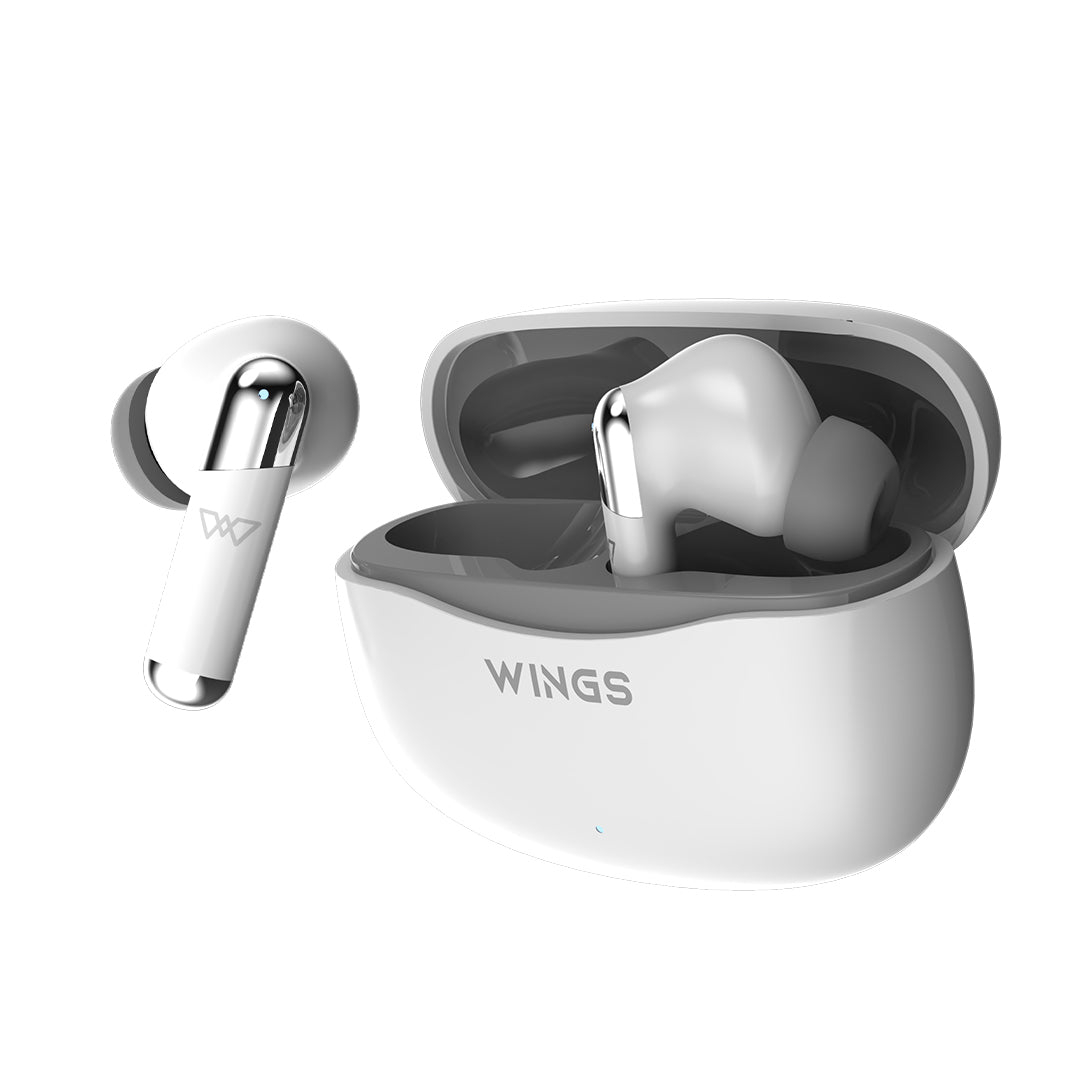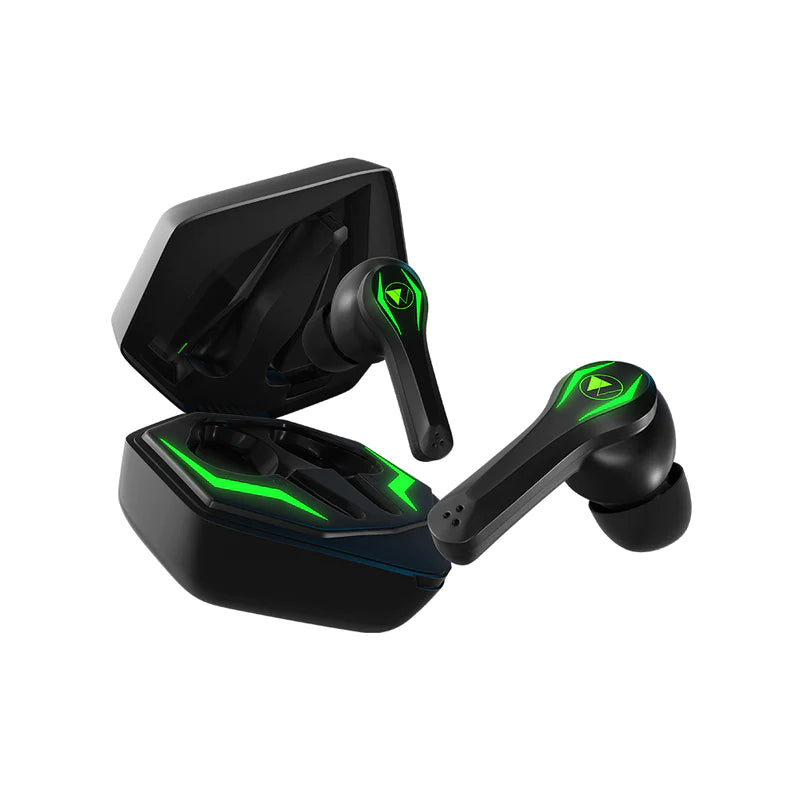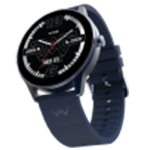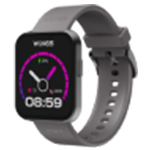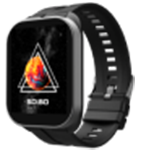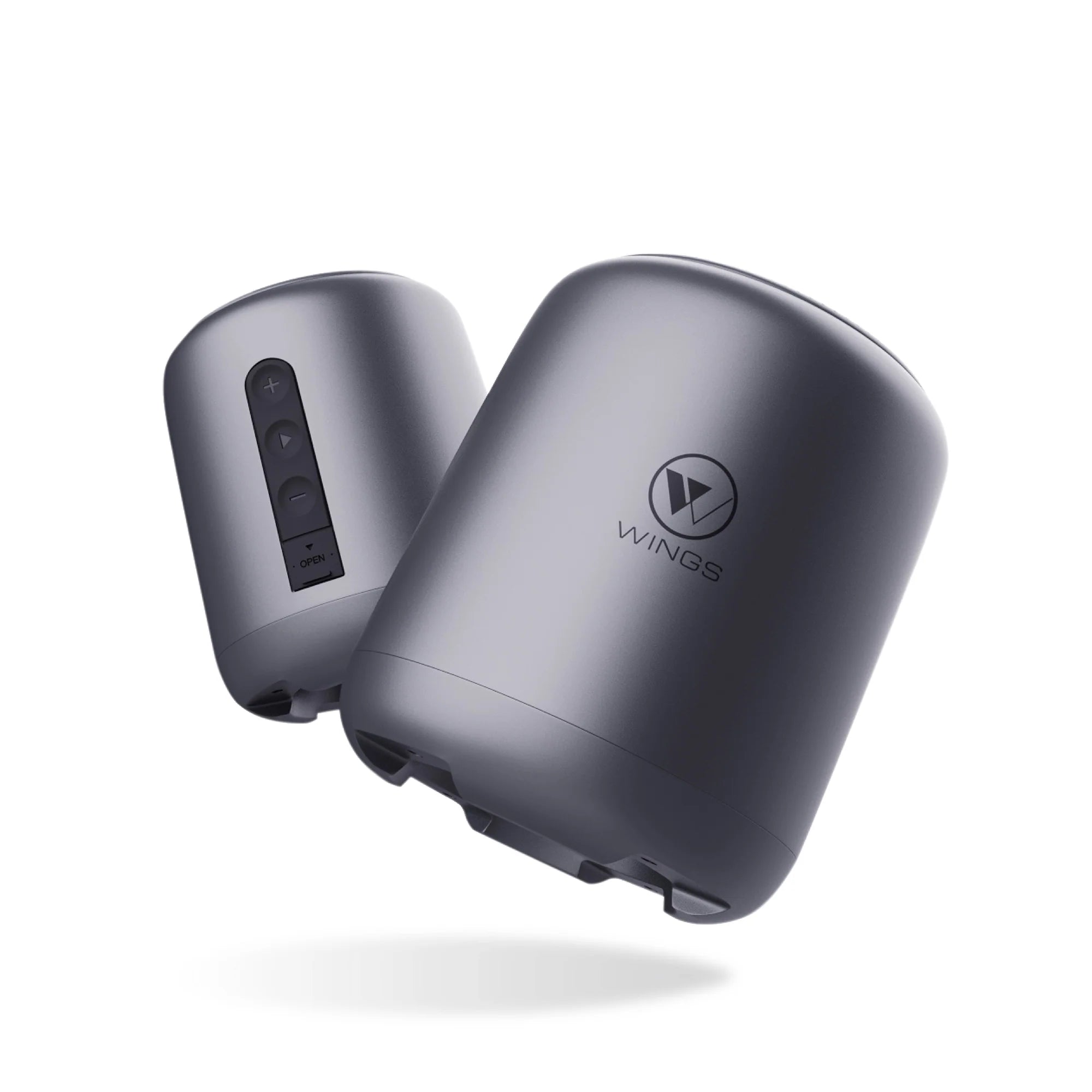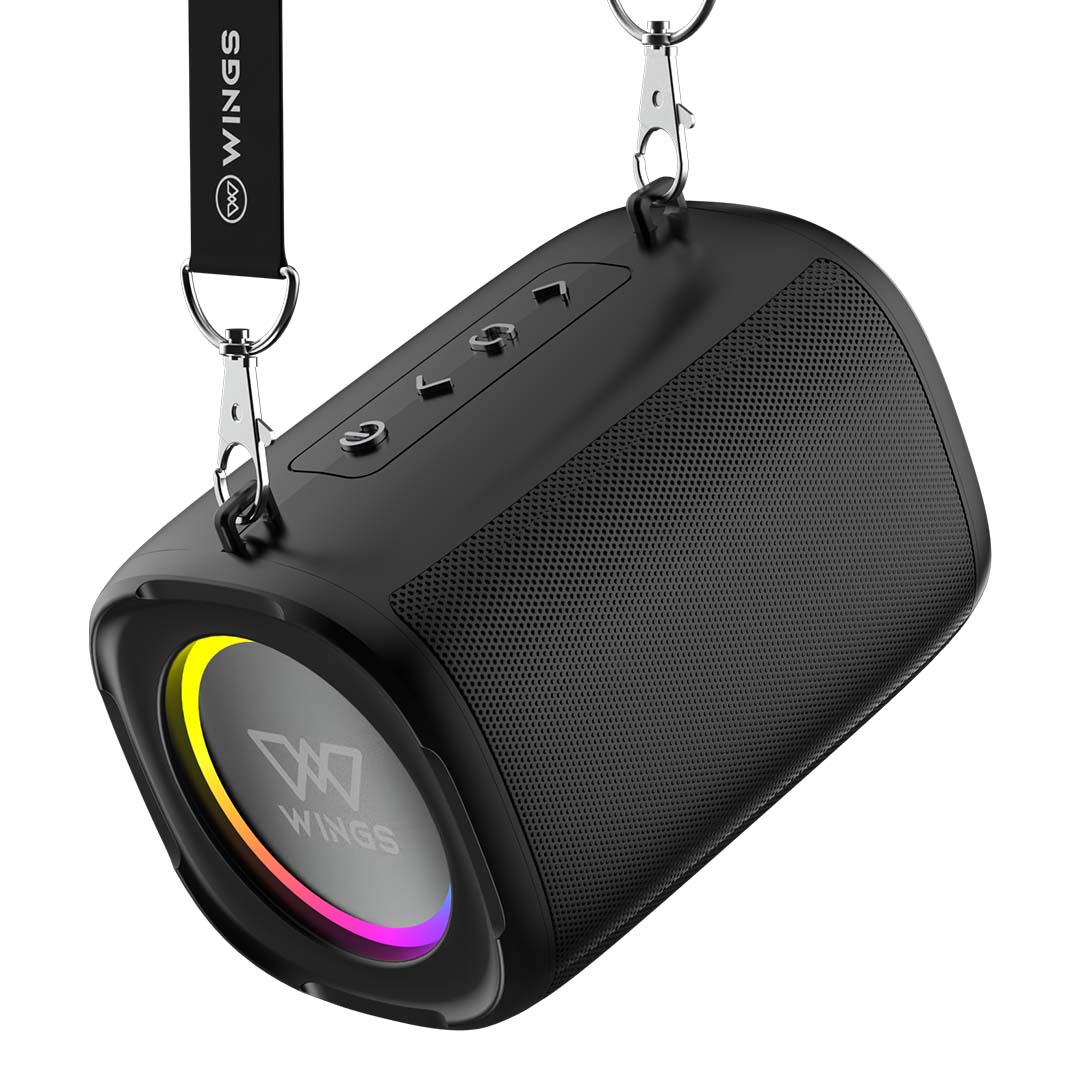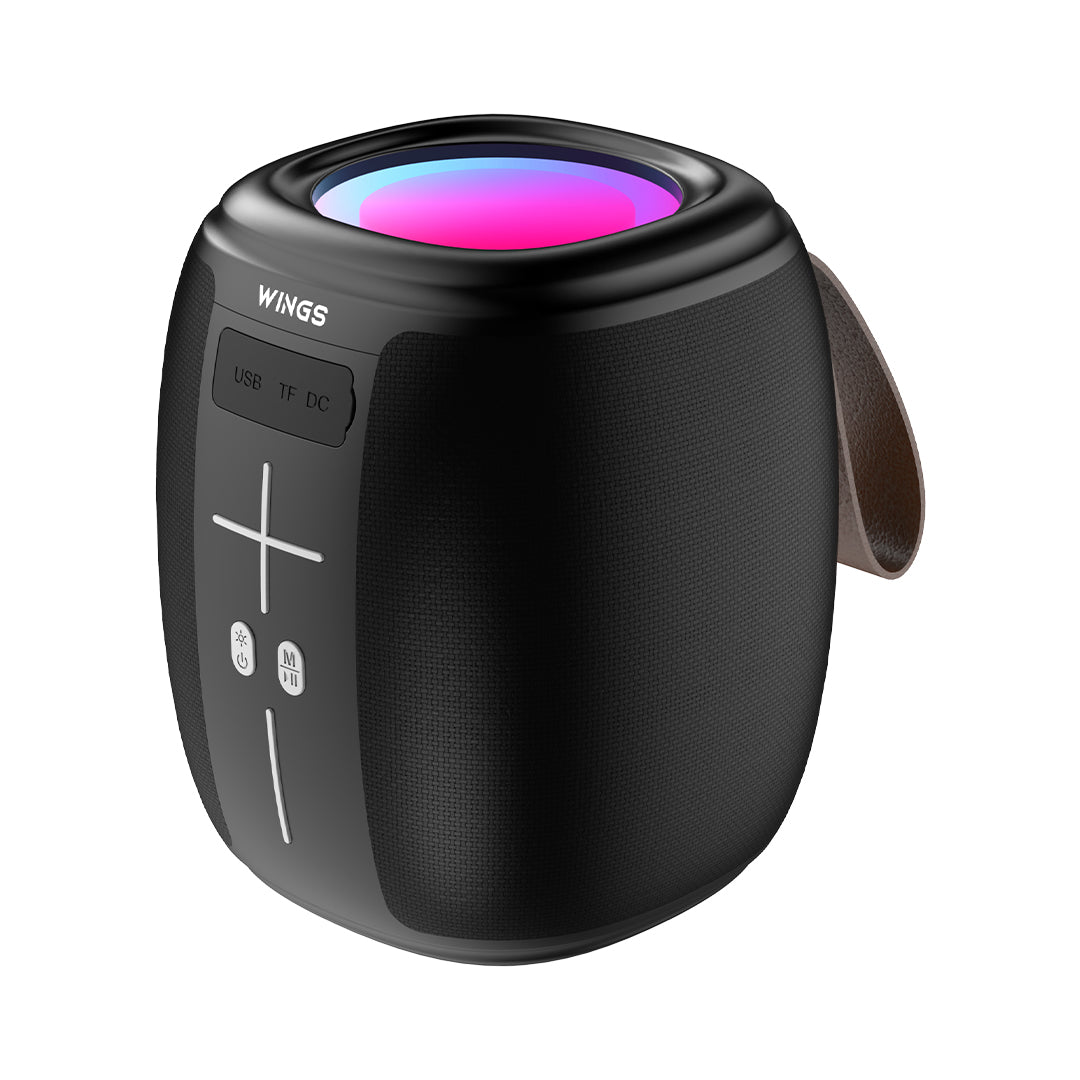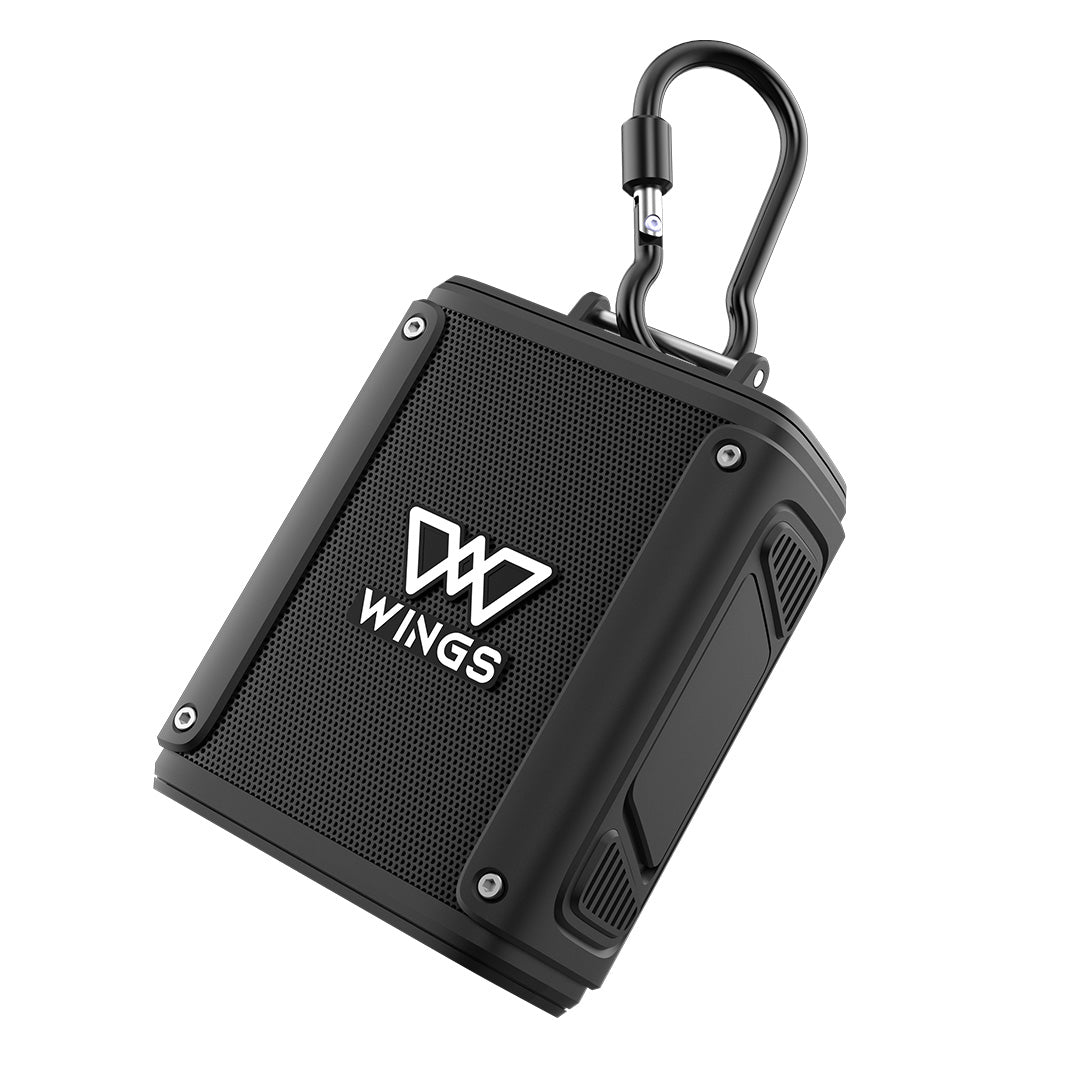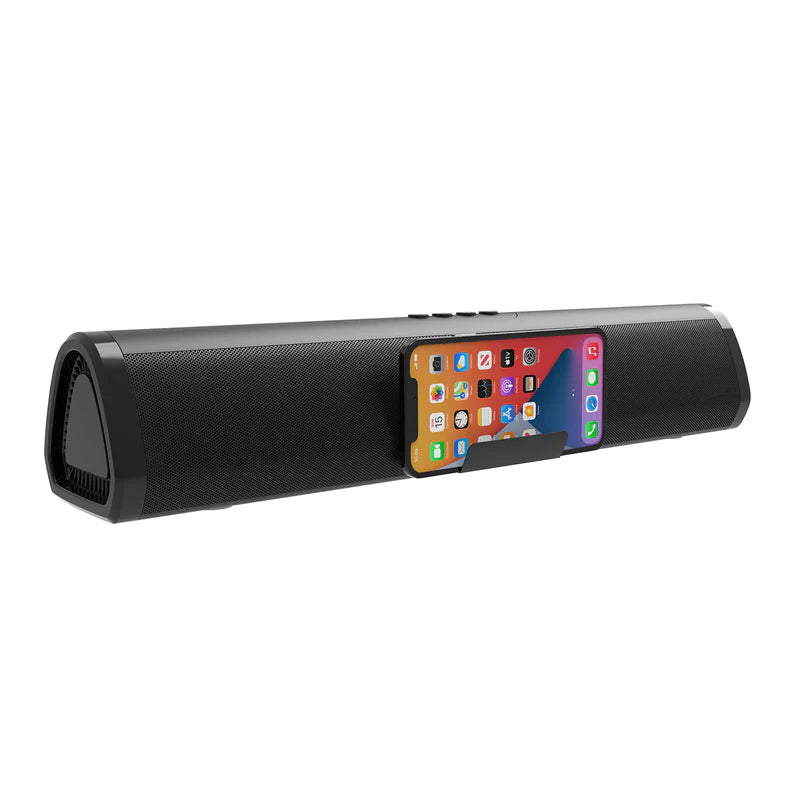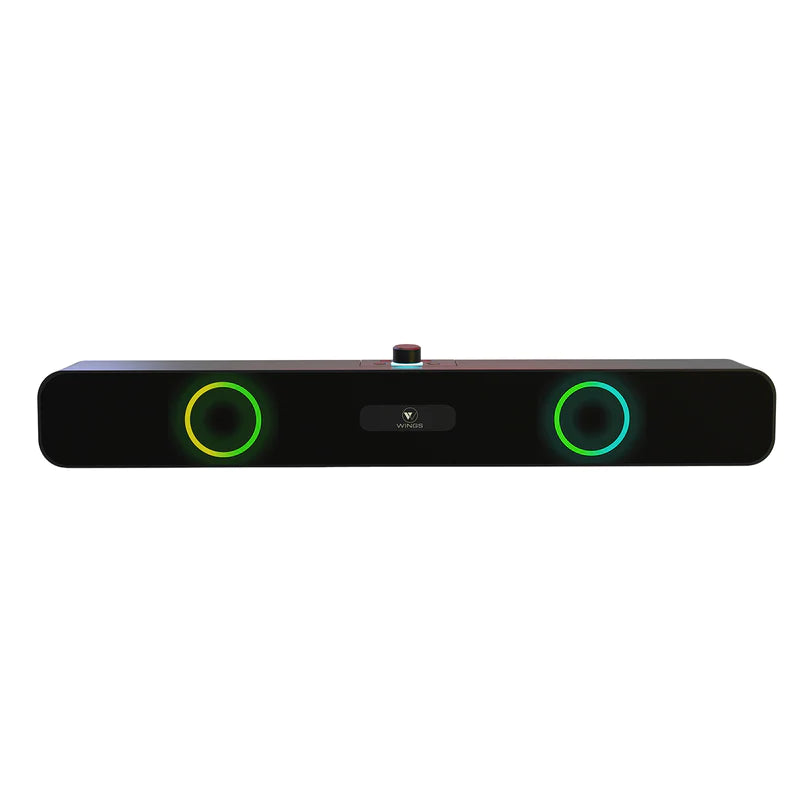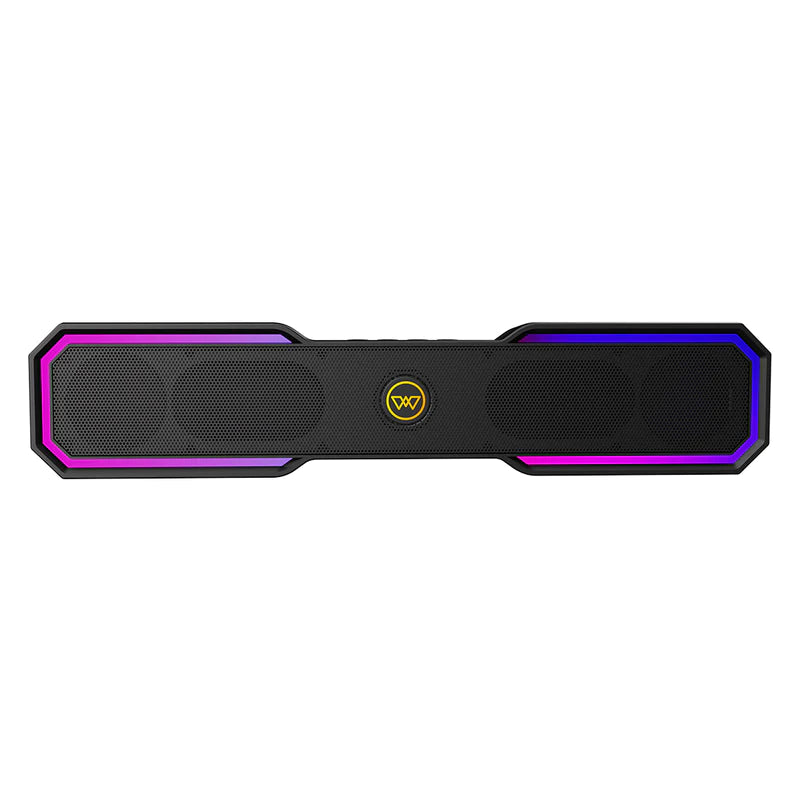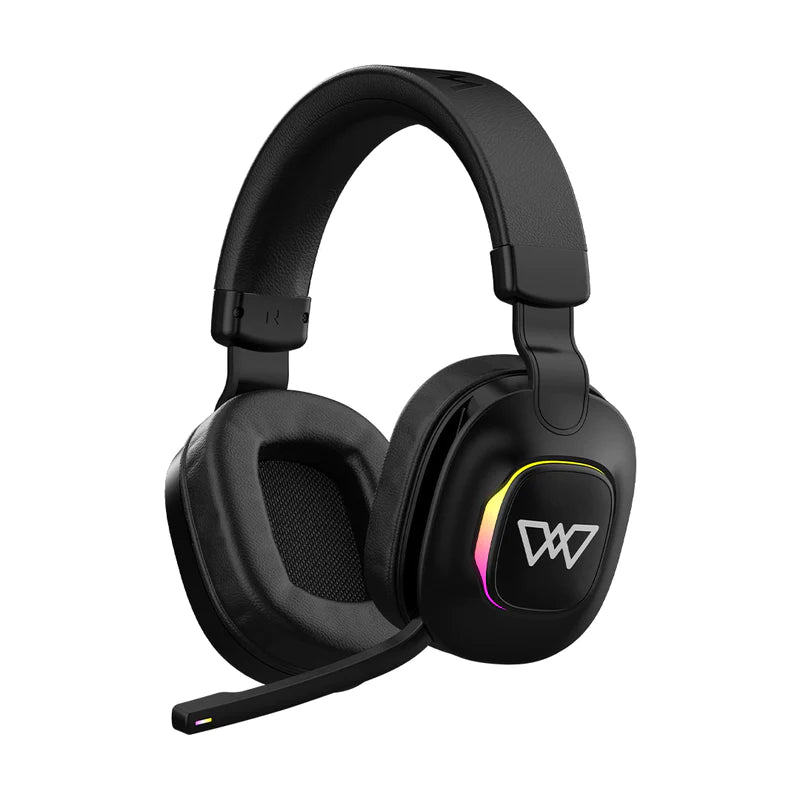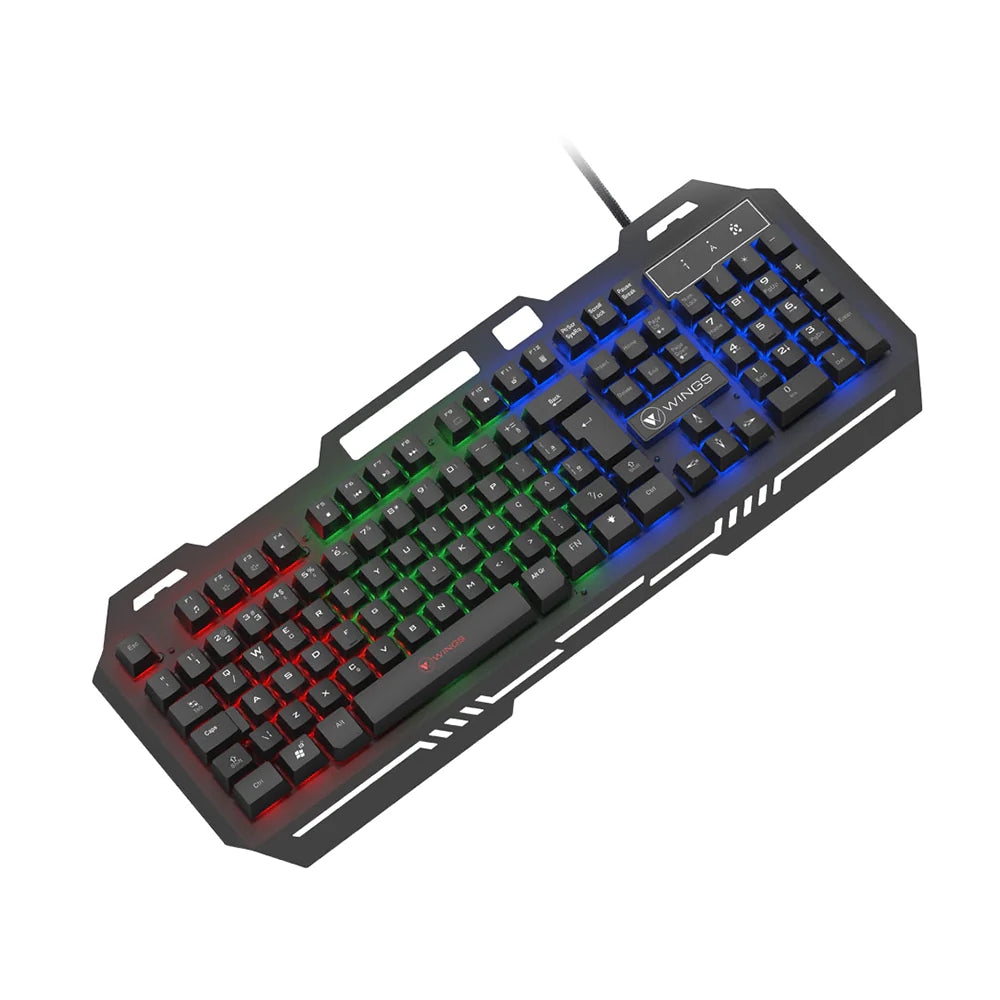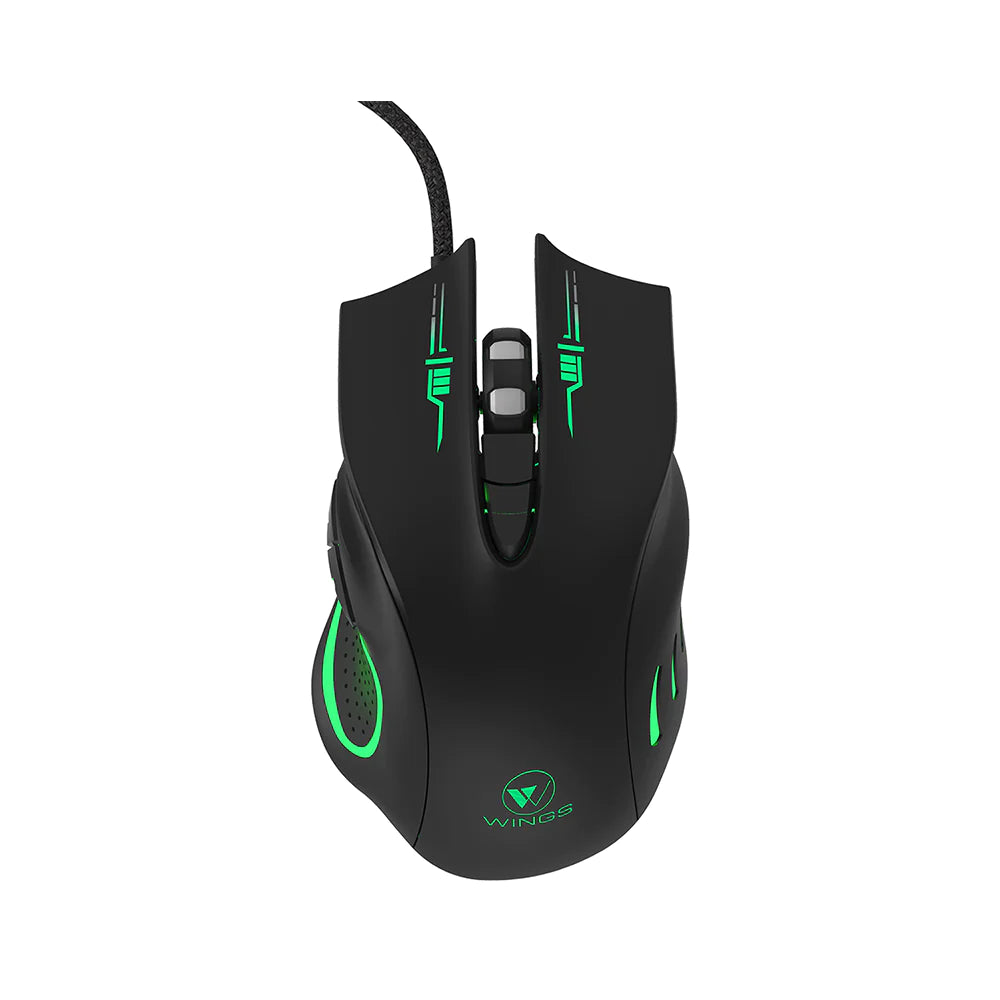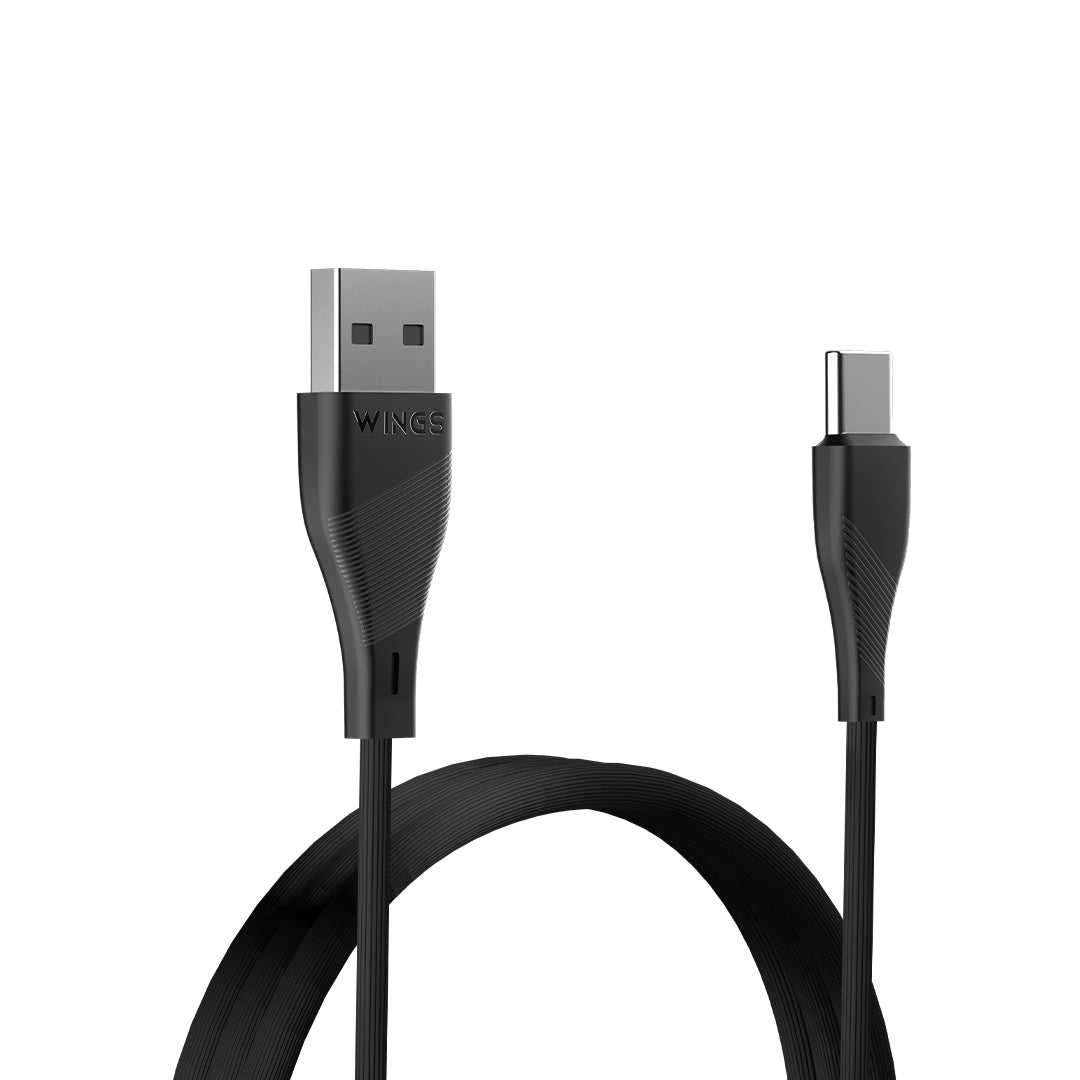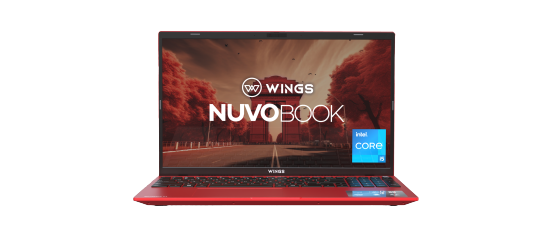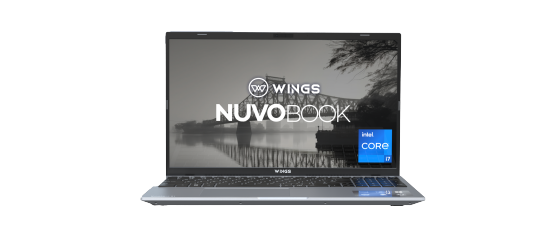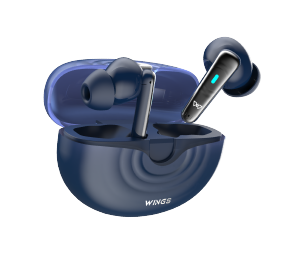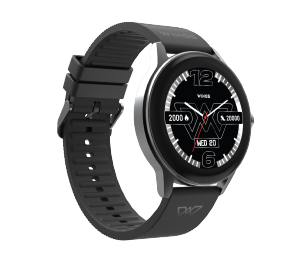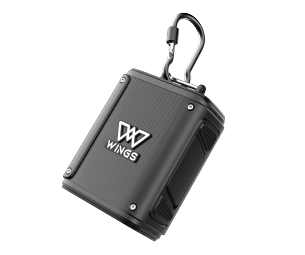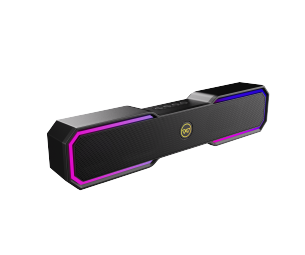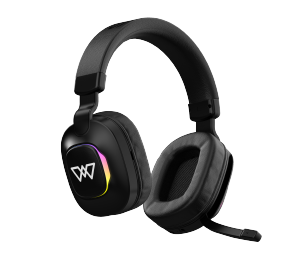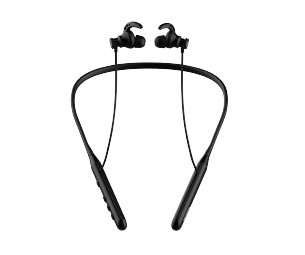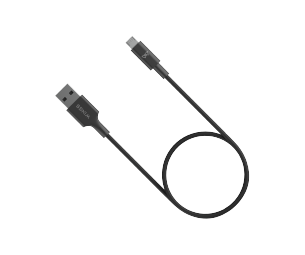
What are Codecs?
Since its inception, Bluetooth has transformed the way we communicate. The days of fumbling with wires in order to enjoy your music have passed. As Bluetooth and audio compression codec technology has improved, it is now possible to listen to music wirelessly in nearly lossless quality. The expansion of different audio codecs in recent years has only further complicated matters. This guide was made to answer the question, "What is an audio codec?"
Codecs, basically, are compression technologies that simplify the transfer of large amounts of data. Two main parts make up this system: an encoder (which compresses files) and a decoder (which uncompresses them).
The Bluetooth transmission of content from a device like a smartphone, tablet, or computer to your headphones is governed by a codec. The target is to use as little data as possible while maintaining the highest possible signal quality. In this way, less bandwidth and storage space is needed for playback. As the bit rate increases, the amount of compression decreases, leading to higher quality audio
Bluetooth Audio Coding Standards & Jargon
We’ve simplified some concepts frequently used in the world of audio.
Get familiar with these concepts before proceeding with your study of Bluetooth audio codecs.
- The number of samples that are taken from an audio file per second is measured in hertz (Hz). Analog signals are transmitted at this frequency.
- Latency is the time that passes between when a signal is sent and when it is received.
- Data Rate is the speed at which information can be sent from one place to another.
- The quality of audio files is determined by their sampling depth.
Here's a rundown of some of the most fundamental codecs to help you figure out which connection can work for you and which one you’re currently using.
1. SBC
Sub-band Codec (SBC) is the de facto standard for wireless headphones and is required for all. Although it is widely used, the compression of the Advanced Audio Distribution Profile, of which it is a part, results in significant quality losses.
SBC's top rate for wireless connections is 345 kilobits per second at 48KHz. For its original purpose, SBC aimed to reduce the complexity of streaming while still achieving acceptable audio quality at medium bit rates. With a maximum of 320 kbps, transfer speeds are manageable at the expense of some data loss. This is problematic because music streaming relies on a consistent connection quality, and SBC connections tend to fluctuate more frequently. If a pair of headphones only has an SBC codec, you shouldn't expect the best sound quality.
2. HD AptX, AptX, and AptX LL
You can be rest assured that the sound quality of your headphones will be higher if they support aptX or aptX HD. Qualcomm created this codec, which they call "Audio Processing Technology."
aptX's high definition iteration is compatible with resolutions as high as 24 bits, with a maximum bitrate of 567 kilobits per second and a sampling rate of 48 kilohertz. Maximum data rates for AptX are 384 kilobits per second at 48 kilohertz with 16-bit resolution.
However, Qualcomm's AptX LL, which stands for "Low Latency," achieves latency as low as 40 ms, while both AptX and AptX HD offer latency between 170 and 270 ms. Headsets for video games and musical instruments may benefit from this.
The main problem is that Apple does not support this codec. You can use AptX with iPhone but there won’t be any addition to sound quality.
3. AptX Lossless
Qualcomm announced the AptX lossless codec in September 2021, promising lossless audio streams of CD quality. It offers 44.1KHz at 16-bit and is suitable for premium audio streaming services. It needs support in both mobile and headset to function, which started happening in late 2021.
4. LC3
The latest version of Bluetooth, 5.2, includes a brand-new audio codec called LC3, which is still relatively uncommon. It's able to keep the audio quality high even when the sample rate is decreased. LC3 is still a pipe dream for audiophiles and is not widely used. It will be released in 2020, as promised at CES, but for now it is only a pipe dream.
By increasing Bluetooth's functionality, LC3 will be able to provide for the deaf and hard of hearing community by allowing for simultaneous streaming from a single source to multiple Bluetooth devices. This means that people who use hearing aids equipped with Bluetooth technology will be able to listen to music or podcasts without losing awareness of their surroundings.
5. AAC
ACC stands for Advanced Audio Codec and is a standard codec on iPhones and iPads. It is supported by Android devices and laptops too and with 320 kilobits/ second at 24-bit and 96KHz, the quality of AAC is very interesting.
The file transfer of AAC is based on psychoacoustic models that consider at the time of compression what people can hear. Earbuds using the AAC codec can cut latency by as much as 40ms, making them a great option for gamers.
Headphones that can decode the audio format AAC are recommended for iOS users. The AAC can be found in both the Phantom 200 and the Phantom 550 from Wings.


Now that you know a few codecs let’s tackle the question of which one of these codecs is the best to use.

Everyone nowadays wants to win every competition they enter, and this situation is no different. This is why products are dissected down to the finest detail and compared to one another in order to find the best. However, this is one of the questions for which there currently are no definitive solutions. Every codec has its own set of advantages and disadvantages, making it impossible to choose a single winner.
For example, you can only use LDAC on Android devices, but if you want to listen to a high-quality streaming service with minimal quality loss, it's a good option.
AptX HD strikes a nice balance between accessibility and compression, but again, Apple is left out in the cold.

Well yes, and no, codecs are crucial, and you should keep them in mind as you shop for headphones. Use the info above to see what works best for you. Maybe you’re into gaming so AAC would work best for you. If you’re interested in video editing or content creation AptX HD or LC3 would work. If you don’t really care and just need a couple of earbuds for your parents, the SBC itself would be enough. It depends on the person and the use case at that point of time.
Codecs are a crucial part of the earbuds and it’s best to be an informed consumer
It is a factor that one should consider.
GG’s and keep playing!


